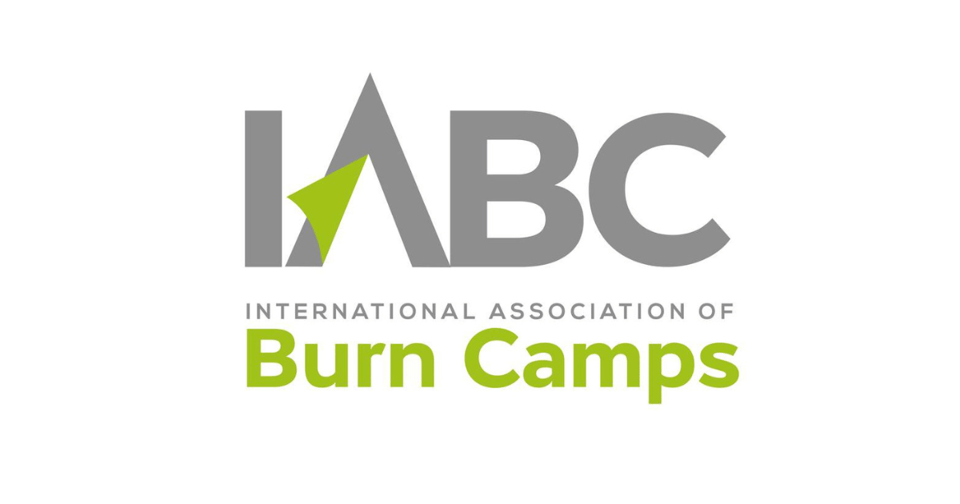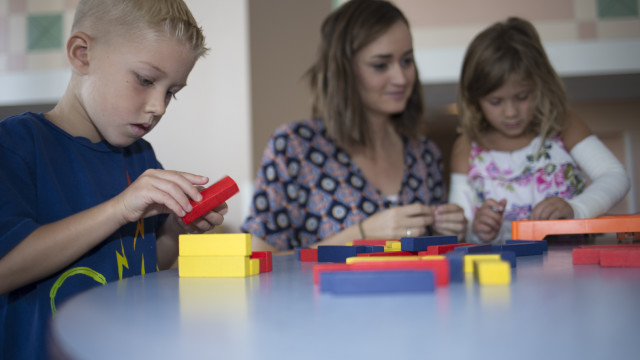The IABC offers assistance to Burn Camps in the form of guidance, mentoring and best practices.
With the rapid expansion of the number of camps in the 1990’s, leaders in the burn camp community met over several years at the American Burn Association (ABA) annual meetings and began to discuss the need for a central membership organization that could provide for the administration of the ABA Burn Camp Special Interest Group (SIG) and the biannual Burn Camp Workshop. The group was also concerned about the lack of guidelines for the administration of a burn camp and the lack of best practices and quality assurance measures for burn camps. In 2001, Marion Doctor, the director of Denver Children’s Hospital Burn Camp and E. Tonas Kalil, a director of Mid-Atlantic Burn Camp, committed to soliciting other camps to form what would initially be referred to as the Federation of Burn Camps and was later incorporated as the International Association of Burn Camps (IABC). The founding members included those two camps, as well as Champ Camp, sponsored by the Alisa Ann Ruch Burn Foundation; the British Columbia Professional Fire Fighters’ Burn Fund Burn Camp; Camp Eyabsut, sponsored by the Northwest Burn Foundation; and the University of Utah Health Burn Center’s Burn Camp Programs.
Initial funding for the IABC was provided by a combination of donations from each of the founding member camps, a sizable corporate donation, and a grant from the International Association of Fire Fighters Burn Foundation.
Today, the IABC has more than 30 member camps and provides educational opportunities to all burn camps through the Burn Camp SIG at the annual meeting of the ABA and the burn camp workshop that happens every other year. Additionally, the IABC offers assistance to burn camps in the form of guidance, mentoring and best practices. The IABC has established guidelines for best practice with Burn Camp Programming and should be used in conjunction with the American Camping Association Standards.




.png?width=768&height=512&length=768&name=Resource%20Center%20LIsting%20(8).png)